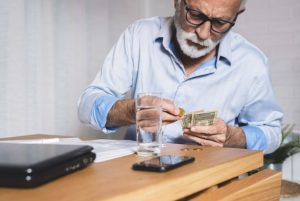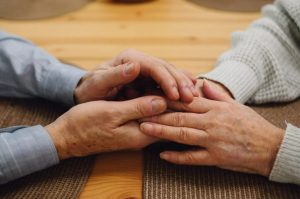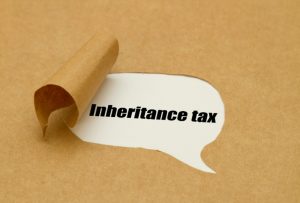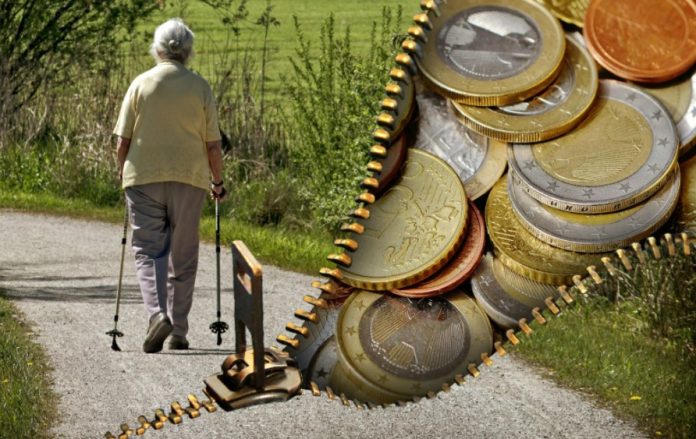The topic of death is never easy to discuss but it’s essential to understand what happens to your pension after you pass on.
Most people are part of pension service, whether it be workplace pensions or personal pension schemes. But, what happens to your pension funds after you die?
This article will explain everything you need to know about what happens to your pension once you’ve passed on.
Inherit a Pension From a Spouse
Defined Benefit Pension
If you worked in the public sector then you most likely have this type of pension scheme.
You likely have a new state pension or even an additional state pension.
You earn retirement income from your defined benefit pension. It’s calculated according to your monthly salary and the amount of time you worked for the company.

A defined benefit pension contribution is a similar pension scheme that allows you to build up a pension pot that pays you a retirement income, similar to a retirement annuity.
This retirement income is calculated according to the contributions made by you and your employer.
Who Receives My Defined Benefit Pension?
Your pension administrator is in charge of delegating your pension funds after you die.
Typically, your spouse or civil partner, and other nominated dependents receive your pension funds but it’s subject to the specific outlines in your pension scheme.
Beneficiaries will pay income tax on the contributions they receive, whether it’s paid out from a private pension fund or workplace pension scheme.

A deceased partner’s extra state pension, as well as their new state pension, can be inherited by the spouse, if the deceased partner was a man born before April 6, 1951, or a woman born before April 6, 1953.
The help of a financial firm or financial advisor might be required to settle inheriting extra state pension.
Children under the age of 23, who are studying full-time, are also eligible for the defined contribution.
Every pension scheme has independent regulations regarding private pensions, personal pensions, inheriting additional state pensions, and the distributions of a lump sum payment.
How Are Lump Sums Paid Out?
If you’re still an active member of your personal or basic state pension scheme when you die, your beneficiaries will receive a lump sum payout.
If you die before the age of 75, your beneficiaries won’t be taxed on the income they receive, although the scheme rules should be queried with your personal pension administrator.
A pension protection lump sum also ensures that your beneficiaries will receive a payout if you die during the pension guarantee period (usually 5-10 years).
The amount is equivalent to the amount of pension payment due to be paid between your death and the end of the guarantee period. This is also paid tax-free if you die before the age of 75, although it might be subject to council tax.
Inheritance Tax
After you die, any assets left behind for financial claims such as cash, real estate, cars, or savings fall under your estate and are therefore subject to inheritance tax. You better should have an early estate plan.
Your basic state pension or any other pension scheme can be passed as independent from your estate in most cases.

Your personal or financial information will be used to determine what your assets are, how they form part of your estate and your state pension or other pension funds are typically passed separately to the estate.
Proof marriage or civil partnership is required when inheriting assets, as well as personal or state pension.
Conclusion
When you die your state pension stops being paid out, and your nominated dependents will receive their allocated portions of your pension fund.
Before you reach the state pension age, there is a lot to consider and arrange.
Proof of a marriage or civil partnership will legally entitle a spouse to your pension fund or pension pot after you die.
It’s essential to consult your pension administrator when nominating dependents, if this isn’t done before you die, it can complicate things and prove to be detrimental.
Pension administrators have the final say over who receives the pension funds, new state pension or pension pots of a late spouse.





































